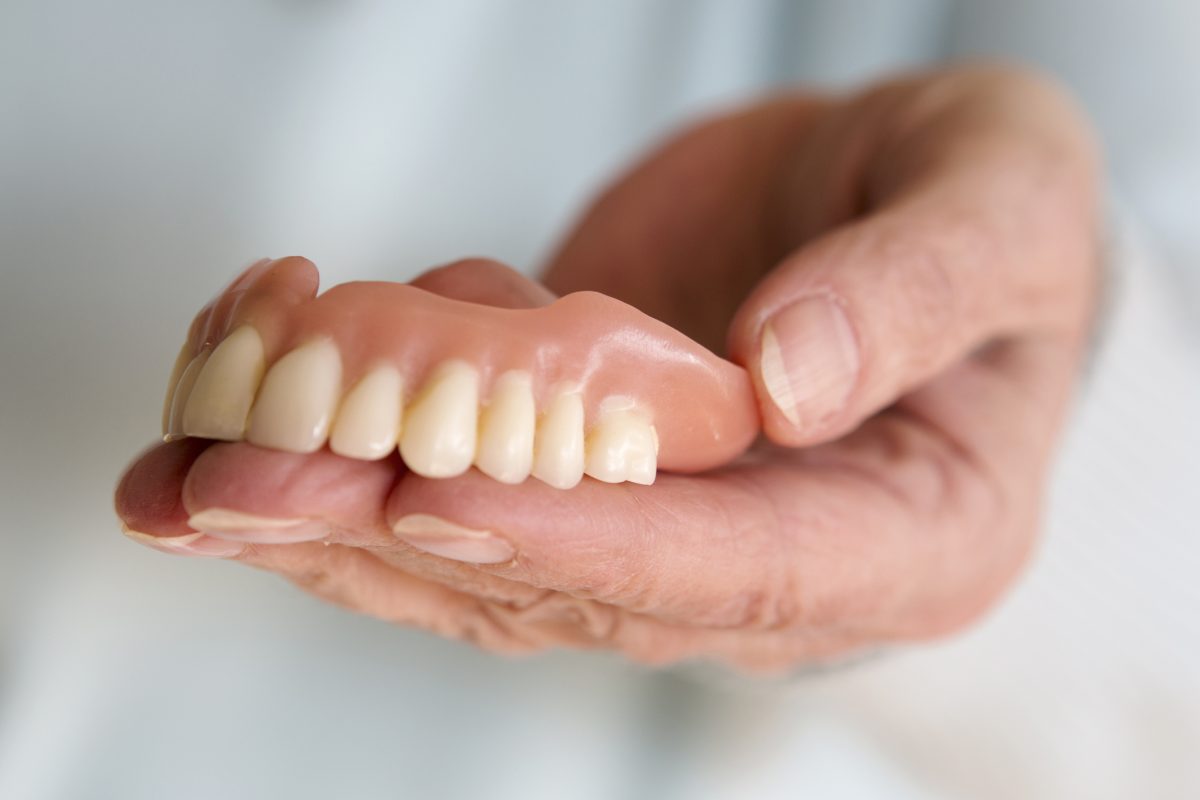
Teeth may be lost due to various reasons - decay, periodontal disease, age, trauma, etc. Whatever the reason, losing a tooth causes some side effects, as noted below:
1. Reduced chewing efficiency, thereby affecting nutrition
2. Aesthetics, more effect if front teeth are lost
3. Structural support to the face - puckering can happen
4. Overall nutrition affected
For someone who has lost a tooth or teeth, dentures are a boon. There are various options for people, and choice can be made based on economic, cosmetic, and overall health conditions.
Options:
Partial/complete: If only one or few teeth are being replaced, it is a partial denture. This can be fixed or removable. In case of old age or trauma where all teeth are lost, a complete denture would be in order. In most cases, this is a removable denture.
Fixed dentures/Removable dentures: Depending on whether the denture is fixed in the mouth or can be removed when not in use.
Metal or ceramic or combination: In some cases, for aesthetic or economic reasons, the patient can decide to go for a metallic fixed partial denture. The fabricated crowns will have a metallic surface but is acceptable given the strength, especially in posterior teeth, which take a heavy mastication load.
In cases of front teeth loss, the denture should almost always be a ceramic one, especially for cosmetic reasons. If the person cannot afford, a removable denture can be done.
The optimal denture should be chosen based on a number of factors including the functional and aesthetic expectations.
Caring for dentures: It depends on the types of dentures you choose.
Fixed dentures: This requires religious brushing, flossing or interdental brushing, and rinsing. The edges of the denture can put pressure on the gums and cause irritation, this needs to be watched for.
Removable dentures:
1. Clean the dentures after every meal
2. Be careful when handling them to avoid fall and breakage
3. Handle the clasps with care, altered clasps may not fit properly
4. Clean the bone and gums around the denture after each meal
5. Soak the dentures overnight in water or a denture-soaking solution
6. Avoid soaking it in hot water, can lead to warping of the denture plate
7. Avoid hard brushing of the dentures
With any denture in the mouth, visit the dentist regularly every 6 months to keep a constant vigil on your overall dental health. Ill-fitting dentures, especially, need to be corrected immediately as they can lead to irritation, ulcers, and even infections.
With these small precautions, the denture can function to its optimal level and serve as a good replacement of the lost tooth.







